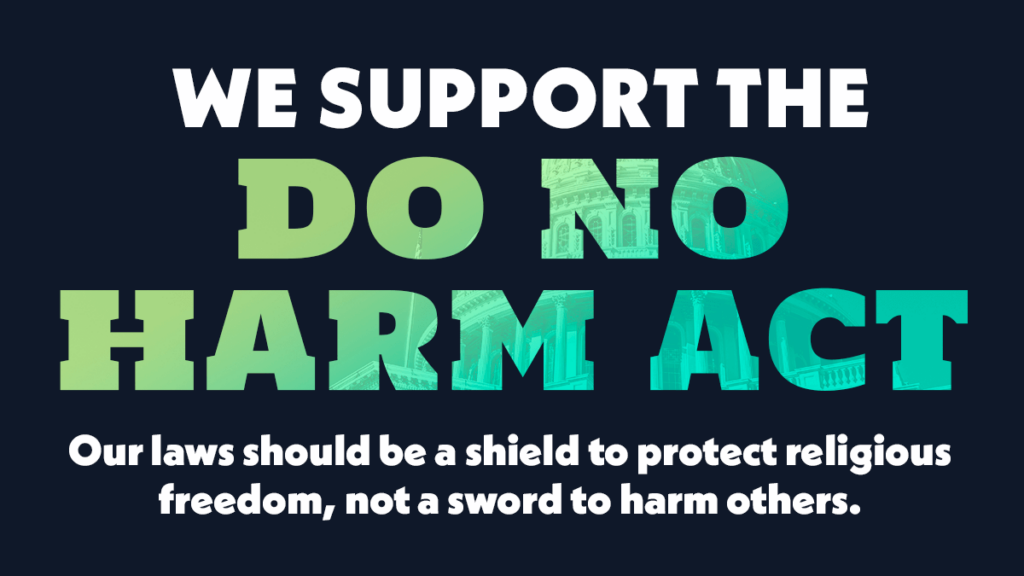I worked for a Senator who popularized, but maybe didn’t originate, the saying that we’re all entitled to our own opinions but not our own facts. So when there’s a new book from the political science professor who regularly takes data on religion and politics and finds something new to think about, I’m buying it. Twenty Myths About Religion and Politics in America by Ryan Burge uses data to explore assumptions, misconceptions, and new ideas on the religious and the nonreligious and their influence on politics. We’re already into the next presidential election season so let’s take a look at Myth 9: The personal faith of a presidential candidate can activate part of the electorate.
This chapter is relevant because we will probably (again) have a race between a truly devout Catholic and a secular candidate who gets the backing of the evangelical community (for reasons this book explores). It’s also relevant because we will eventually have a viable presidential candidate who is open about being a secular American. Currently the research says voters are more reluctant to vote for an otherwise qualified candidate who is an atheist than almost any other demographic characteristic but this has been slowly changing and will continue to as today’s younger voters eventually dominate the voting population.
What does the research say about presidential candidates? That there’s no real evidence that religious affiliations affect voting patterns, or more accurately that other factors play a much larger and more decisive role. Whether there is an incumbent in the race and the state of the economy are the driving forces. “In most cases, the vote choice among faith groups does not shift in any meaningful way from election to election.” There are ongoing changes in faith groups’ voting patterns but they are incremental, rather than dramatic because of any one particular candidate.
As one example, Professor Burge looks at Joe Biden’s vote share among Catholics in 2020 compared to Hillary Clinton’s in 2016 and finds “no evidence that Biden won any more of this voting block than Clinton did.” Incidentally, the data shows that the Republican share of votes from atheists declined three percent between 2016 and 2020 but the share of votes from the Nones grew six percent. That would have made for an interesting chapter.
Now, I don’t have a lot of time to read books at the moment. The Do No Harm Act was reintroduced in the House and Senate last week so I’m talking to offices about cosponsoring this important legislation. You can use our Action Alert to help with that if you haven’t already. But people on Capitol Hill still appreciate it when you can give them facts to back up an idea or to dispel a myth. This book and Professor Burge’s twitter account, @ryanburge, are very helpful in that effort.
A larger conclusion is that candidates don’t need to run on their religious background because it doesn’t sway many voters and similarly, if they win they don’t need to govern based on their religious beliefs in order to get reelected. “A reasonably popular incumbent is nearly impossible to beat in a reelection campaign. And if there’s not an incumbent president, then other factors take on great significance, none more than the state of the economy.” We will see in 18 months if these trends hold true or if considerations such as age or legal trouble produce an unexpected result.



